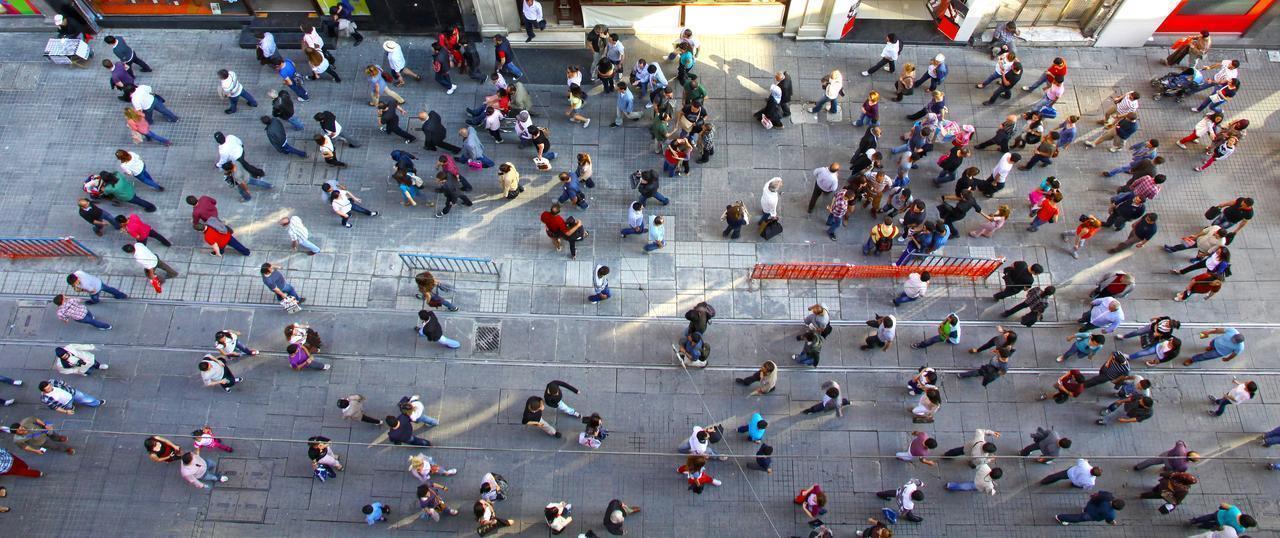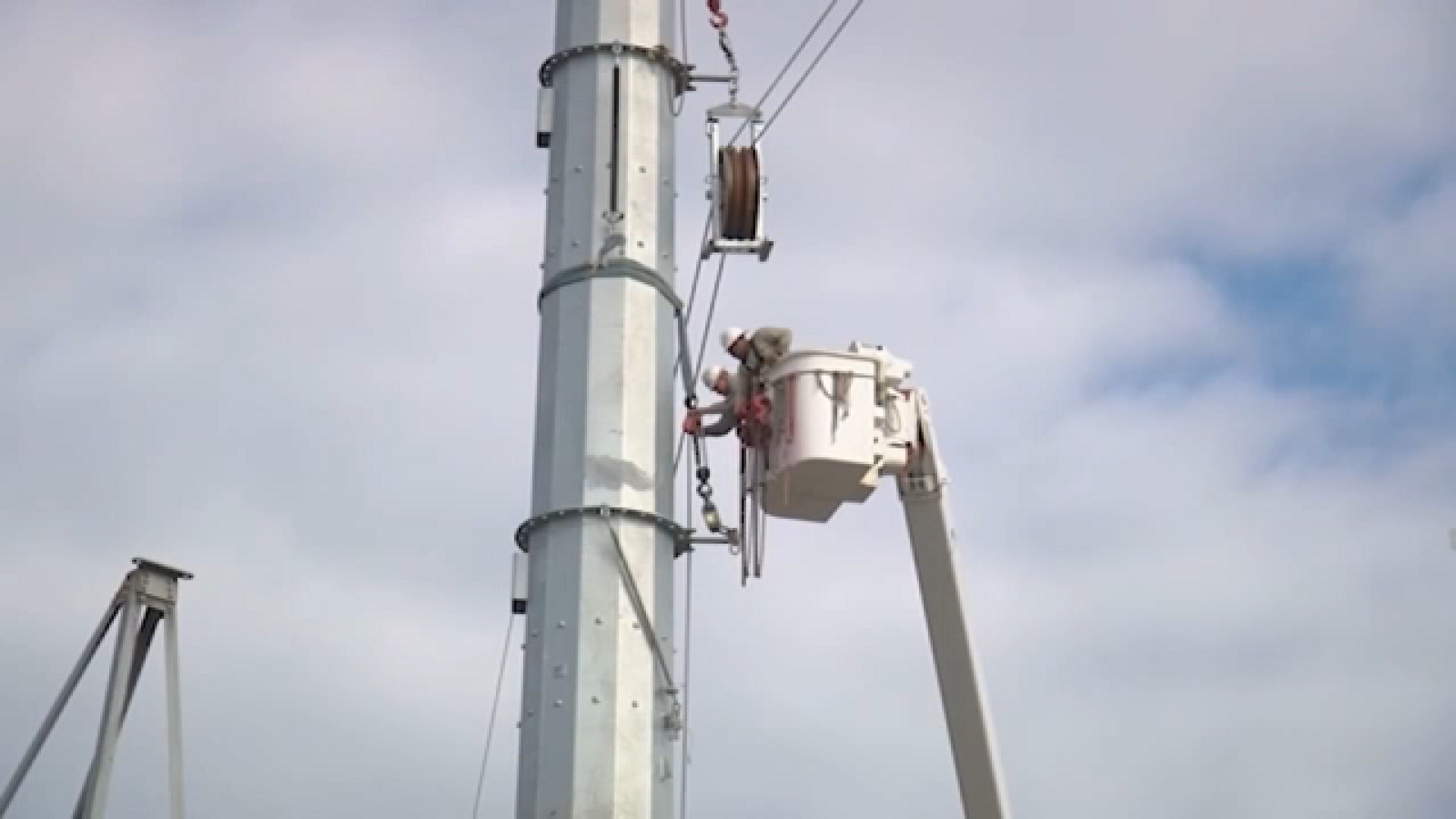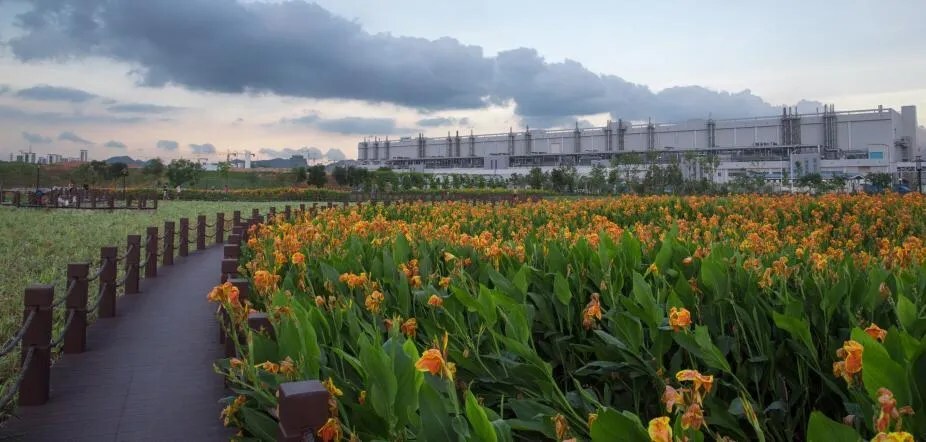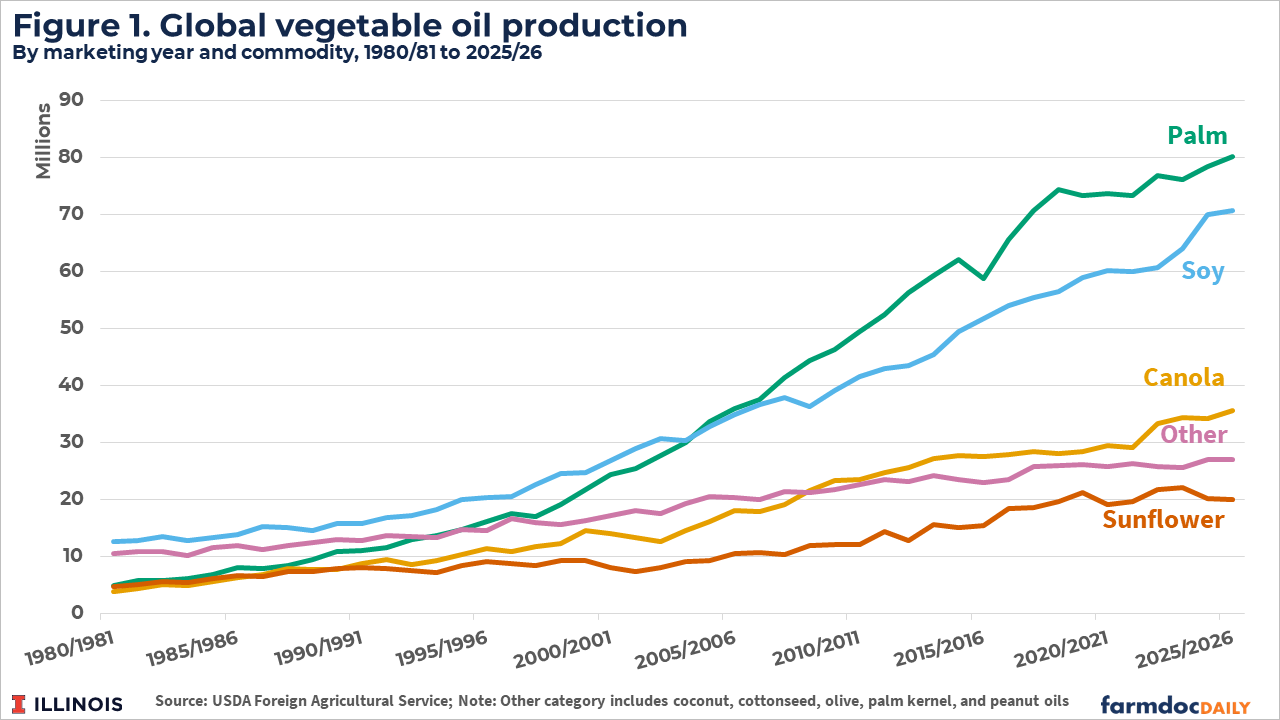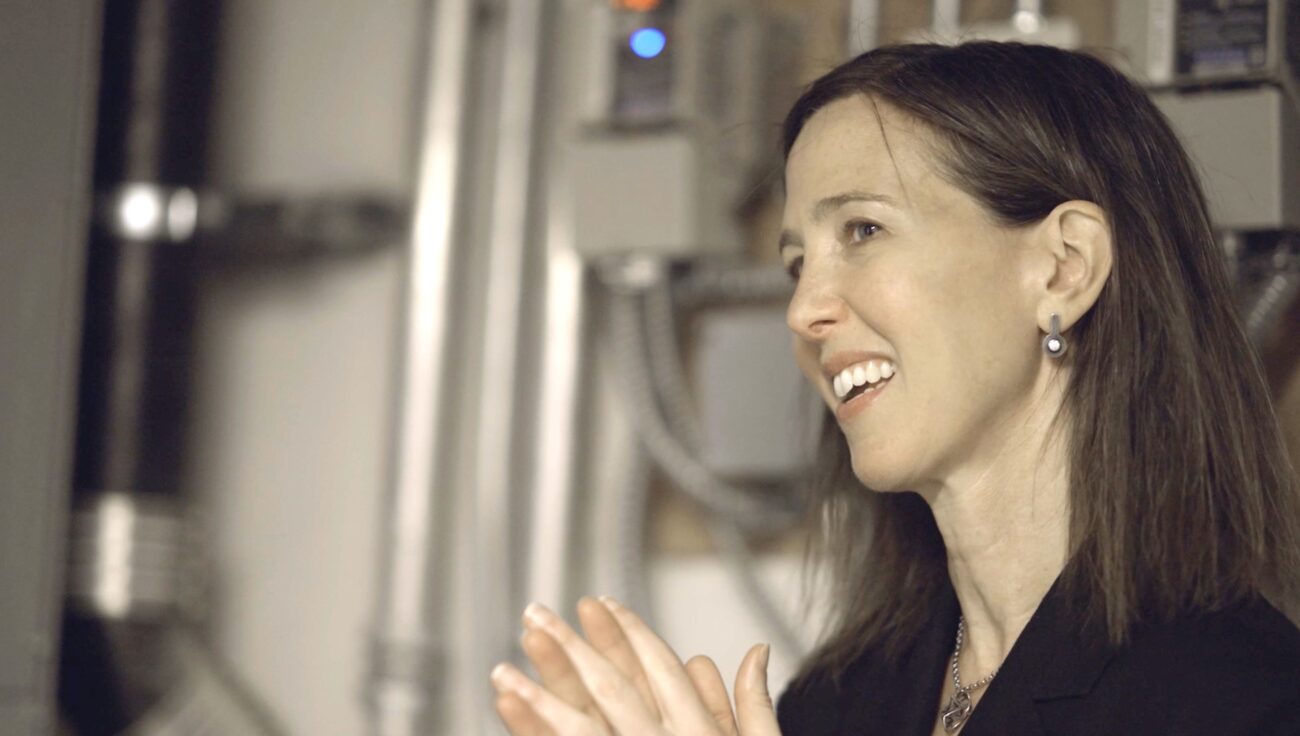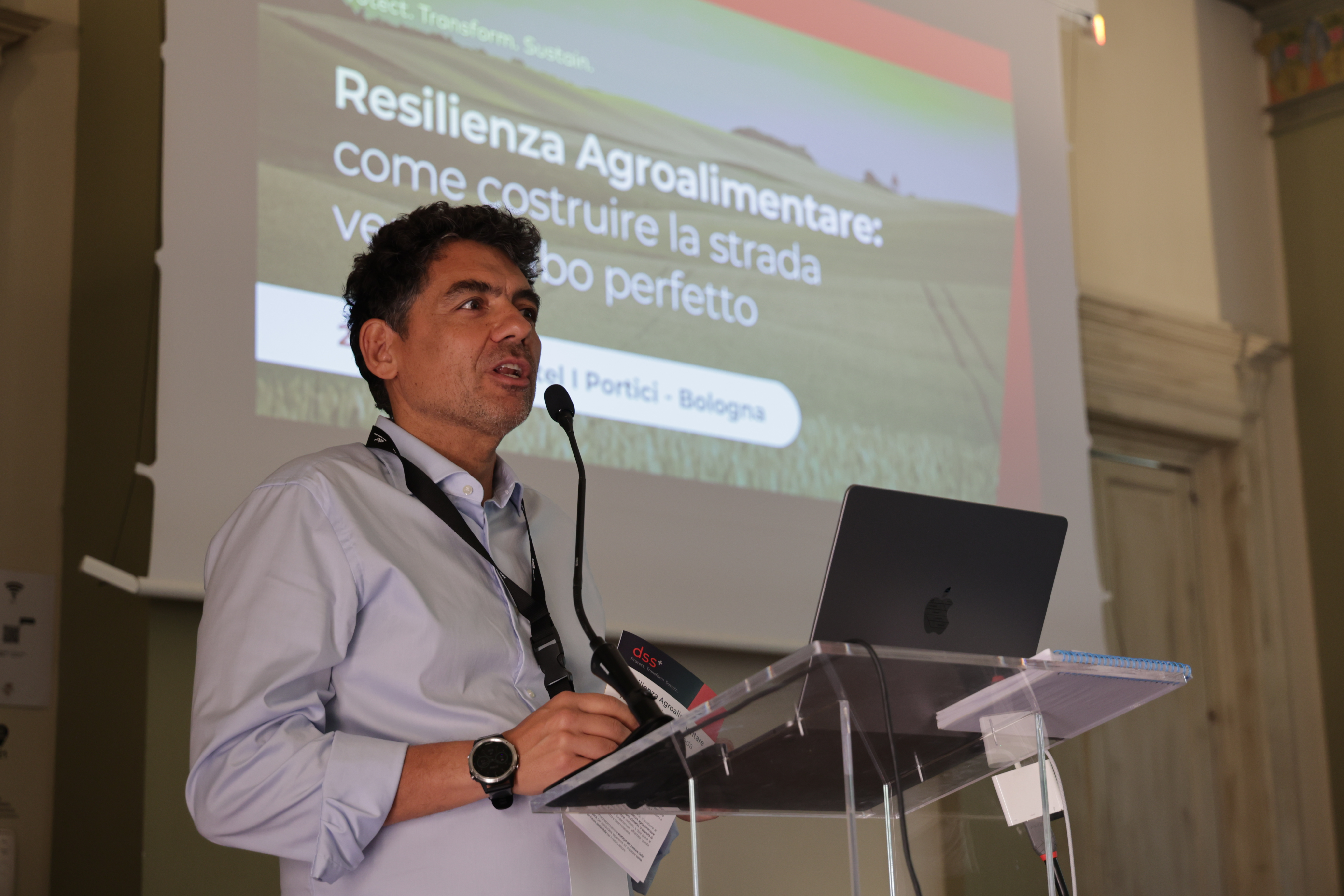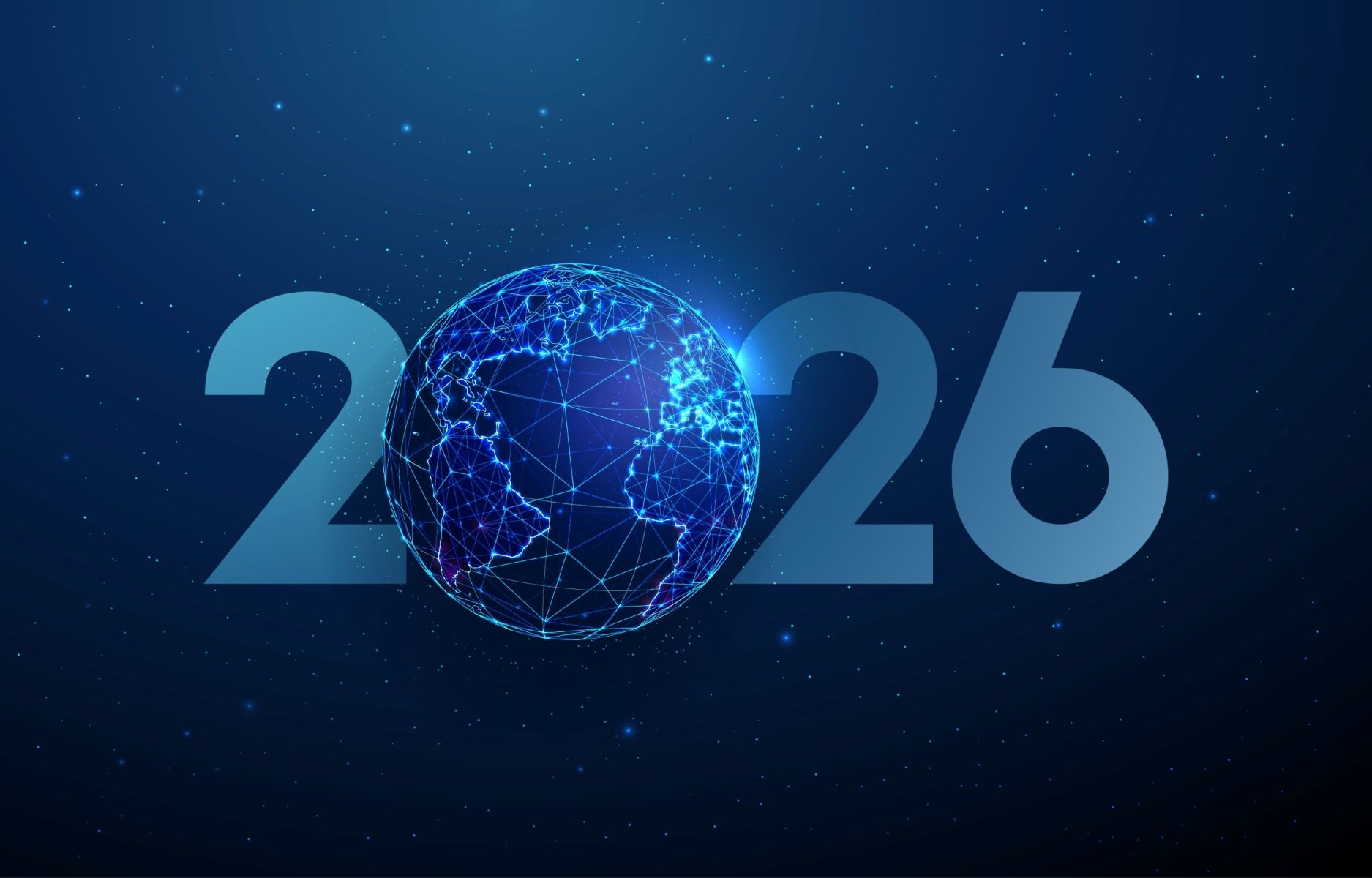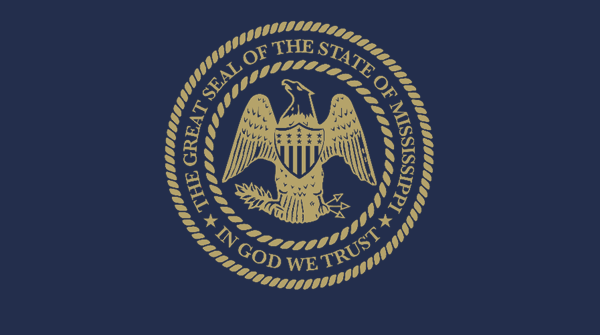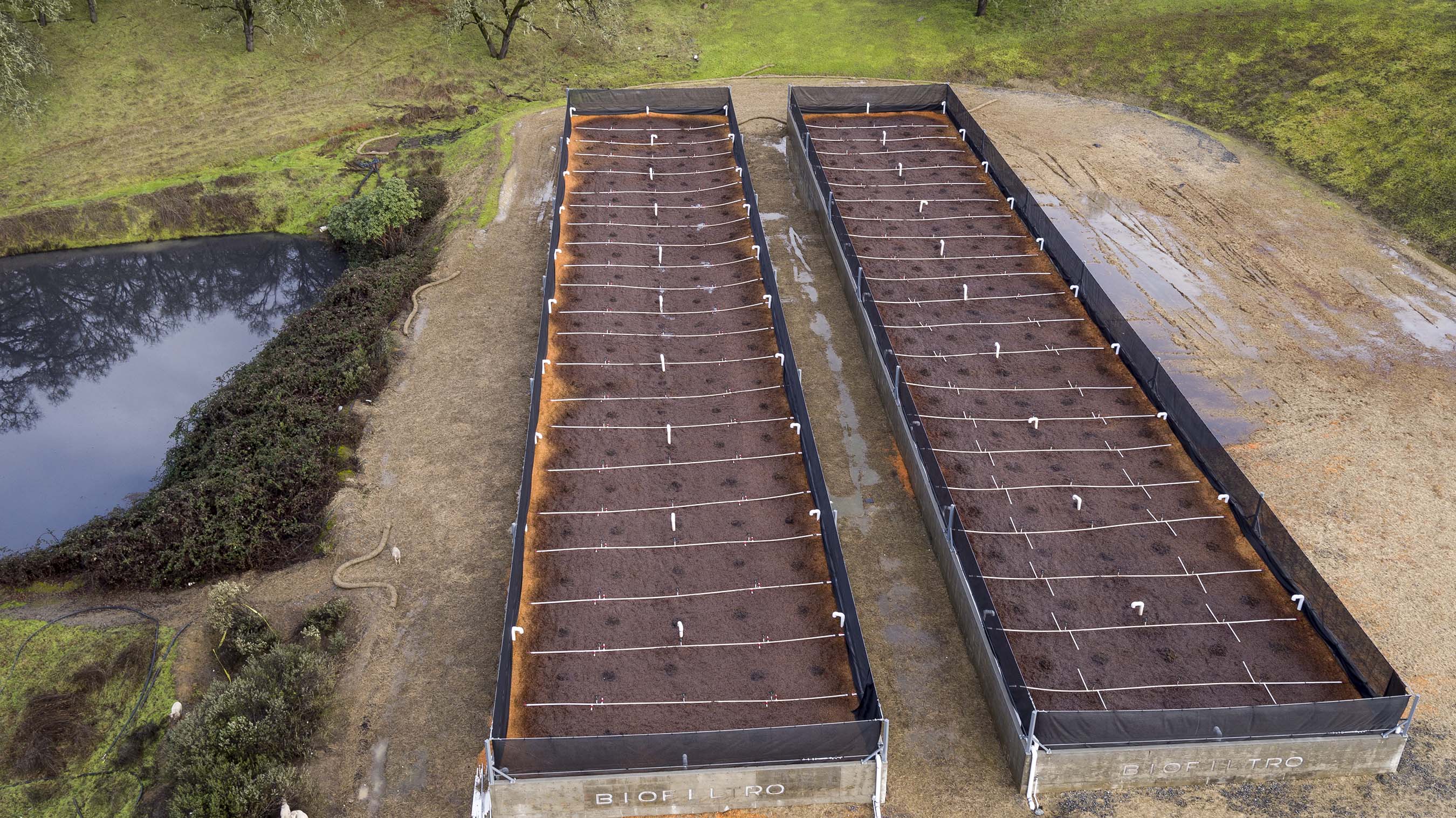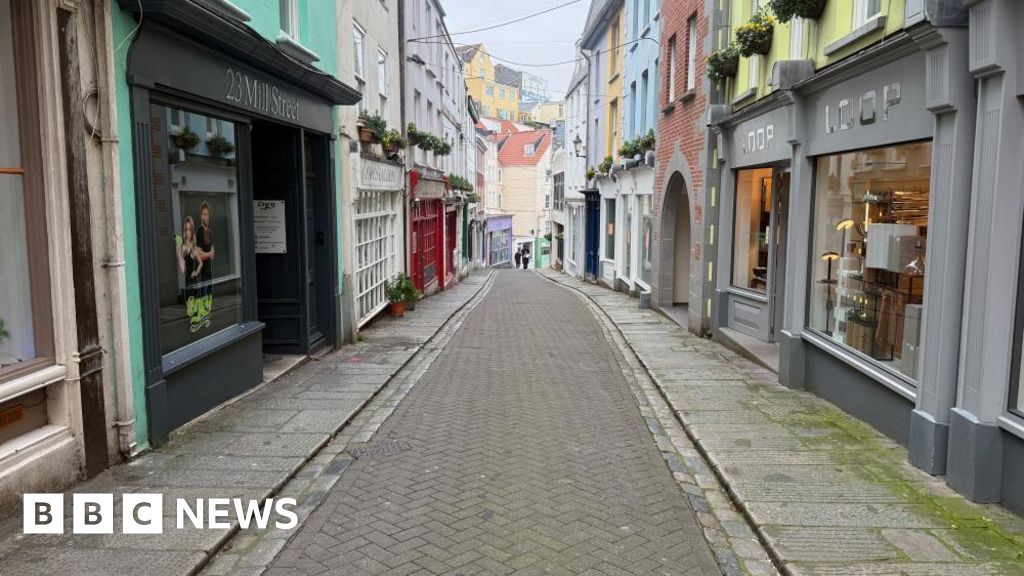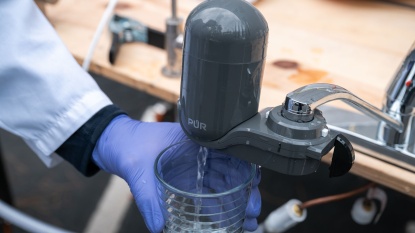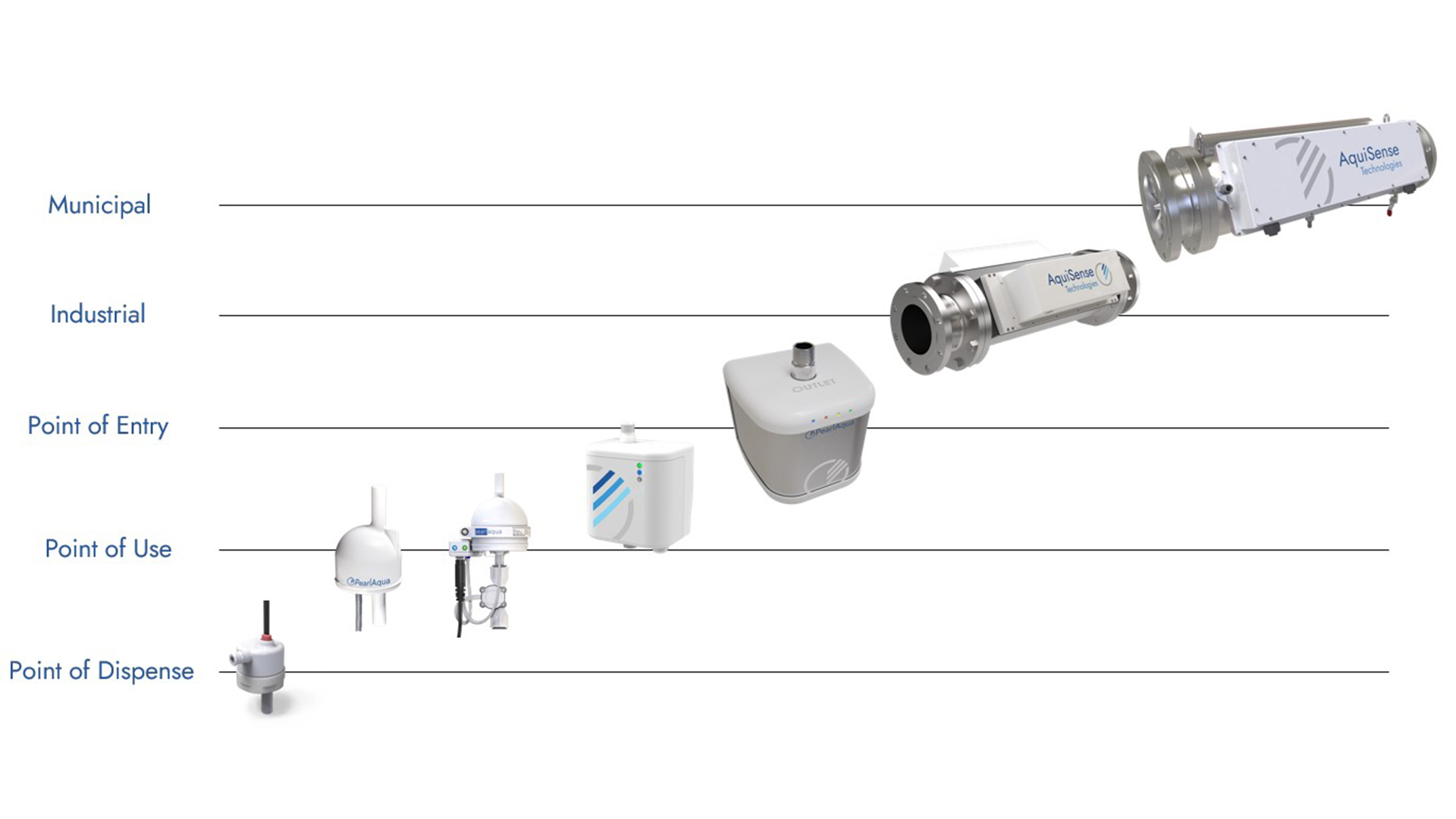Water: 1 in 4 without safe access. Arrojo-Agudo: the real figure is double that – Materia Rinnovabile | Renewable Matter

Report on Global Access to Safe Drinking Water and Alignment with Sustainable Development Goal 6
1.0 Executive Summary
This report analyzes the current state of global access to safe drinking water, highlighting a significant discrepancy between official data and expert assessments from the United Nations. It examines the implications of this water crisis on the 2030 Agenda for Sustainable Development, with a specific focus on Sustainable Development Goal (SDG) 6. The findings are based on an assessment by Pedro Arrojo-Agudo, the UN Special Rapporteur on the human rights to safe drinking water and sanitation.
2.0 Key Findings
- Discrepancy in Access Data: While official reports state that one in four people (25%) globally lacks access to safely managed drinking water, the UN Special Rapporteur suggests the true figure is approximately double, affecting nearly half of the world’s population.
- Threat of Financialisation: A growing challenge to ensuring water as a human right is the trend of “financialisation.” This approach treats water as a tradable commodity rather than a public good, creating barriers to access for vulnerable populations and undermining progress towards SDG 6.
- Urgency of Action: The defence of the human right to water is gaining momentum, but the strategies promoting financialisation are difficult to halt, posing a direct threat to achieving universal and equitable water access.
3.0 Implications for Sustainable Development Goals (SDGs)
The water access crisis directly impacts the achievement of several interconnected SDGs:
- SDG 6 (Clean Water and Sanitation): The core goal is critically threatened. The underestimation of the problem and the rise of financialisation directly contradict Target 6.1, which aims for universal and equitable access to safe and affordable drinking water for all.
- SDG 1 (No Poverty) & SDG 3 (Good Health and Well-being): Lack of access to clean water is a primary driver of poverty and a major cause of waterborne diseases. This severely impedes progress on eradicating poverty and ensuring healthy lives.
- SDG 10 (Reduced Inequalities): Water scarcity and privatisation disproportionately affect women, children, and marginalised communities, thereby widening inequalities within and among countries.
- SDG 16 (Peace, Justice and Strong Institutions): Treating water as a human right requires strong, transparent, and accountable public institutions. Financialisation undermines this principle and can weaken governance frameworks dedicated to equitable resource management.
4.0 Conclusion and Recommendations
The assessment by the UN Special Rapporteur reveals that the global water crisis is more severe than official statistics indicate, placing the achievement of SDG 6 in jeopardy. To realign with the 2030 Agenda, it is imperative to:
- Recognise and address the true scale of the water access deficit.
- Counteract the trend of water financialisation by reinforcing legal and policy frameworks that protect water as a fundamental human right and a public good.
- Strengthen public water management systems to ensure equitable, affordable, and sustainable access for all, in direct support of SDG 6 and related development goals.
Analysis of Sustainable Development Goals in the Article
-
SDGs Addressed or Connected
The primary Sustainable Development Goal (SDG) addressed in the article is:
- SDG 6: Clean Water and Sanitation. The article’s headline, “Water: 1 in 4 without safe access,” directly concerns the core objective of SDG 6, which is to “ensure availability and sustainable management of water and sanitation for all.” The discussion revolves around the fundamental human right to water and the global challenge of providing safe drinking water, which is the central theme of this goal.
-
Specific SDG Targets Identified
Based on the article’s content, the following specific targets under SDG 6 can be identified:
- Target 6.1: “By 2030, achieve universal and equitable access to safe and affordable drinking water for all.” The statistic “1 in 4 without safe access” is a direct measure of the global population that has not yet achieved this target. The entire premise of the headline is built around the failure to meet this goal for a significant portion of the world’s population.
- Target 6.b: “Support and strengthen the participation of local communities in improving water and sanitation management.” The subtitle warns that “financialisation strategies are difficult to stop.” This refers to the trend of treating water as a financial asset rather than a public good. Such strategies can undermine community-led and public management of water resources, making this target highly relevant to the threats discussed.
-
Indicators Mentioned or Implied
The article implies a key indicator used to measure progress towards the identified targets:
- Indicator 6.1.1: “Proportion of population using safely managed drinking water services.” The headline’s statistic, “1 in 4 without safe access,” is a direct reference to this indicator. It quantifies the proportion of the global population lacking access to safely managed drinking water. The UN Special Rapporteur’s comment that “the real figure is double that” further highlights the importance and potential inaccuracies in measuring this specific indicator.
-
Summary Table of SDGs, Targets, and Indicators
SDGs Targets Indicators SDG 6: Clean Water and Sanitation - 6.1: By 2030, achieve universal and equitable access to safe and affordable drinking water for all.
- 6.b: Support and strengthen the participation of local communities in improving water and sanitation management.
- 6.1.1: Proportion of population using safely managed drinking water services (Implied by the statistic “1 in 4 without safe access”).
Source: renewablematter.eu

What is Your Reaction?
 Like
0
Like
0
 Dislike
0
Dislike
0
 Love
0
Love
0
 Funny
0
Funny
0
 Angry
0
Angry
0
 Sad
0
Sad
0
 Wow
0
Wow
0









